24/7 Helpline:
(866) 899-221924/7 Helpline:
(866) 899-2219
Learn more about Klonopin Rehab centers in Miller County
Klonopin Rehab in Other Counties

Other Insurance Options

American Behavioral

ComPsych

Amerigroup

Health Net

CareFirst

GEHA

Highmark

Optima

PHCS Network

CareSource

Holman Group

Private insurance

EmblemHealth

BlueCross

Anthem

Premera

Horizon Healthcare Service

Self-pay options

Humana

MHNNet Behavioral Health

South Arkansas Youth Services – SAYS
South Arkansas Youth Services – SAYS is a private rehab located in Texarkana, Arkansas. South Arkans...

Riverview Behavioral Health Hospital
Riverview Behavioral Health (RBH) is a dual diagnosis addiction treatment center in Texarkana, Arkan...

Southwest Arkansas River Ridge Treatment Center
Southwest Arkansas River Ridge Treatment Center is a private rehab located in Texarkana, Arkansas. S...

Arkansas Treatment Services
Arkansas Treatment Services is a drug and alcohol rehab in Texarkana, Arkansas. They provide outpati...

Southwest Arkansas Counseling and Mental Health Center
Southwest Arkansas Counseling and Mental Health Center is a drug and alcohol rehab in Texarkana, Ark...

Summerhill Counseling Center
Summerhill Counseling Center is a private rehab located in Texarkana, Texas. Summerhill Counseling C...
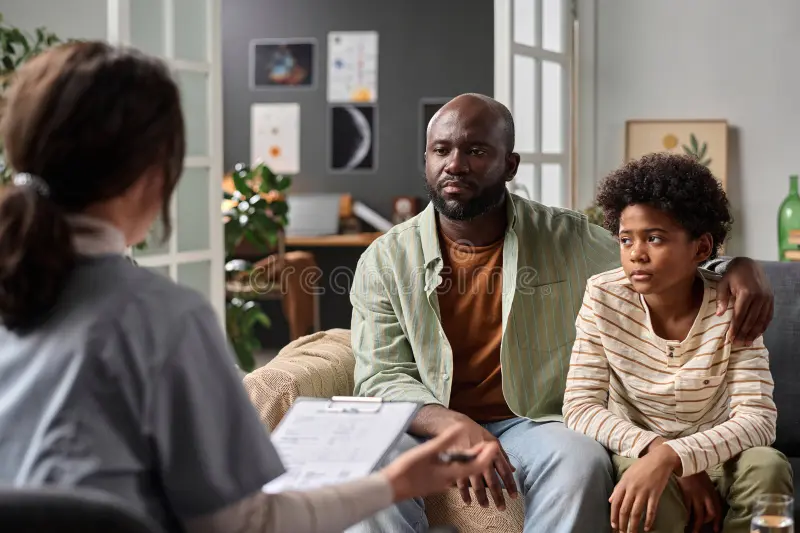
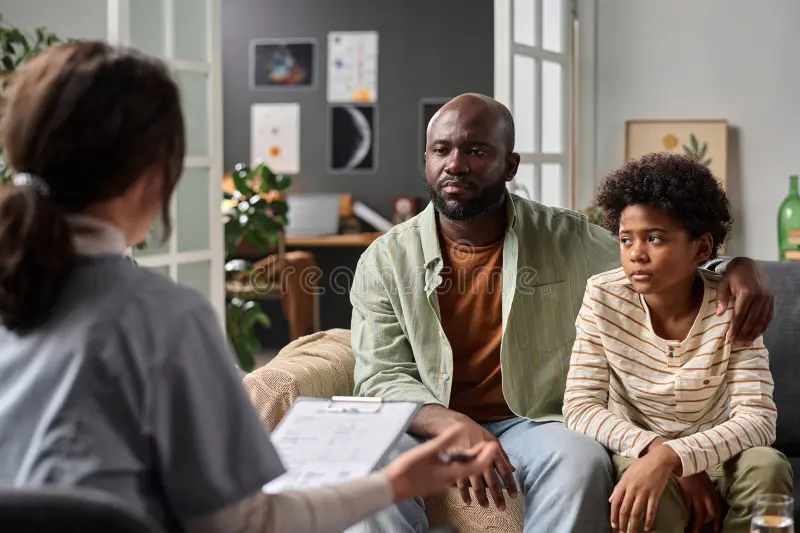


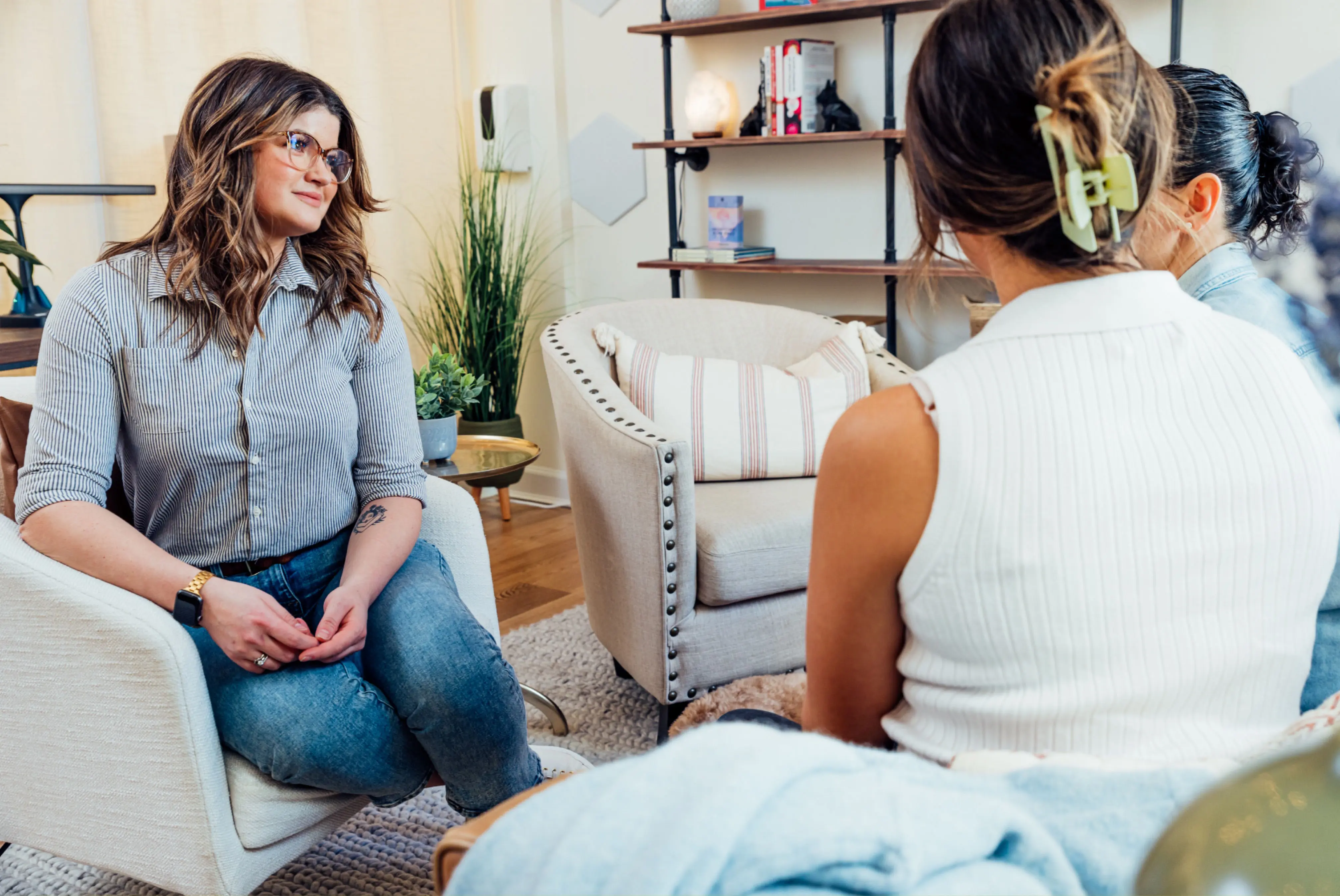

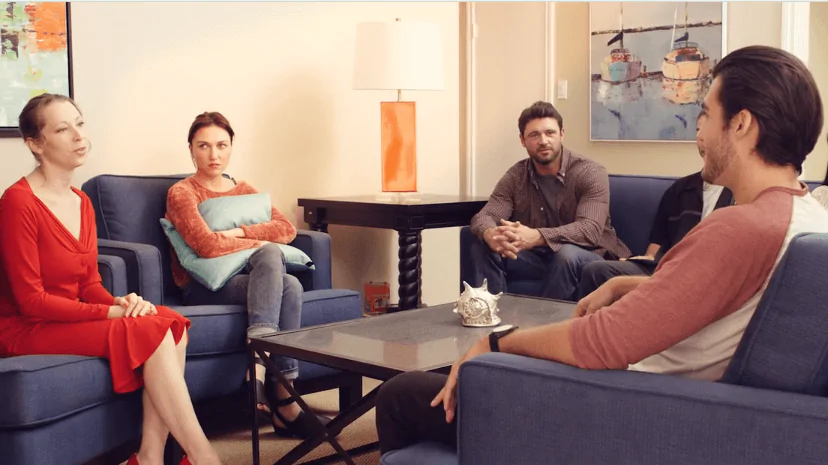

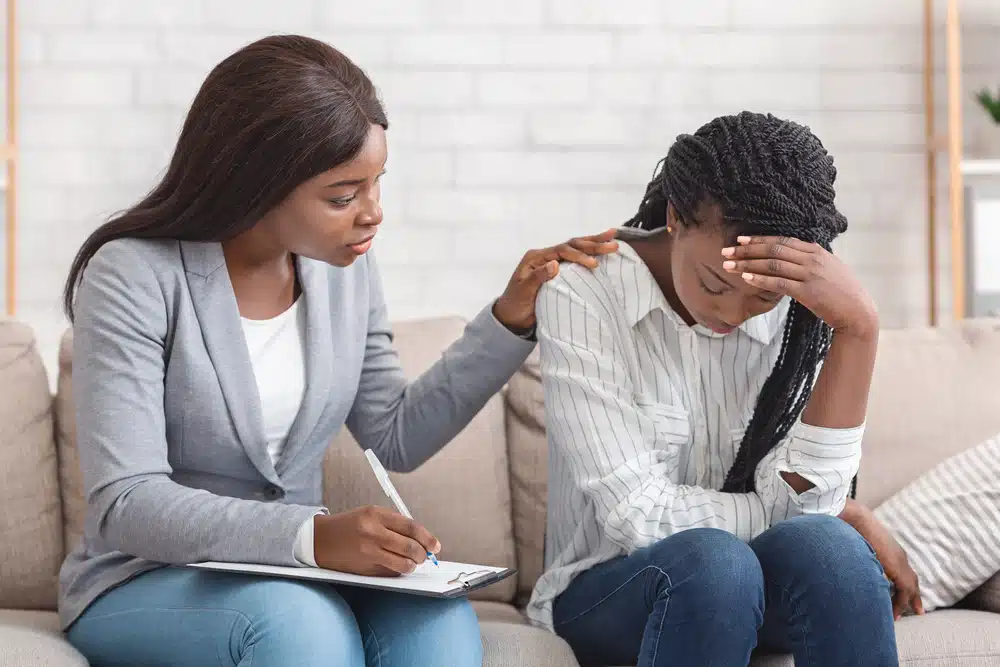



























Southwest Arkansas Counseling and Mental Health Center – North state Line Avenue
Southwest Arkansas Counseling and Mental Health Center offers inpatient treatment for individuals wi...

Preferred Family Healthcare
Preferred Family Healthcare - Jefferson Avenue offers outpatient services for individuals with a men...

Firelands Counseling and Recovery Services
Firelands Counseling and Recovery Services provides a full spectrum of mental health and substance a...

Hazel Street Recovery Center
Hazel Street Recovery Center is a private rehab located in Texarkana, Texas. Hazel Street Recovery C...

























































